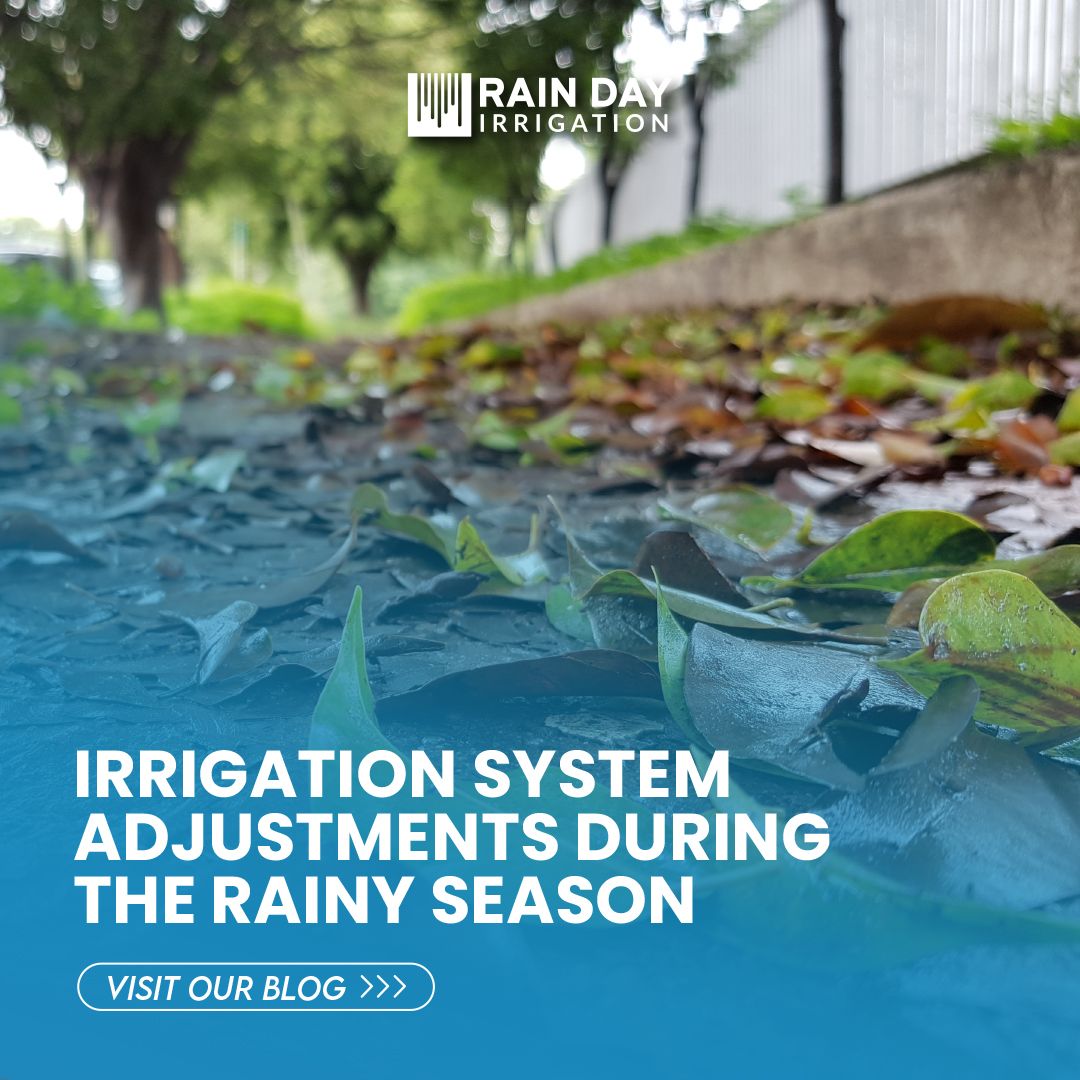Irrigation System Adjustments During the Rainy Season
Irrigation System Adjustments During the Rainy Season
As the rainy season approaches, it's important to make some adjustments to your irrigation system to ensure that your lawn and garden are getting the right amount of water. Here are a few tips:
1. Monitor rainfall.
One of the best ways to adjust your irrigation system is to monitor rainfall. There are a number of ways to do this, including using a rain gauge, checking online weather reports, or subscribing to a rain alert service. Once you know how much rain your area has received, you can adjust your irrigation schedule accordingly.
2. Reduce watering frequency.
During the rainy season, you may not need to water your lawn and garden as often. A good rule of thumb is to reduce your watering frequency by 50%. This will help to prevent overwatering, which can lead to problems such as root rot and fungal diseases.
3. Water early in the morning.
If you do need to water your lawn and garden, it's best to do it early in the morning. This will give the plants a chance to absorb the water before the heat of the day, which can cause evaporation.
4. Check for leaks.
Leaks can be a major source of water waste, so it's important to check your irrigation system for leaks regularly. You can do this by inspecting the pipes, valves, and sprinkler heads for any signs of damage.
5. Use a smart irrigation system.
If you're looking for a more hands-off approach to irrigation, consider using a smart irrigation system. These systems can automatically adjust your watering schedule based on factors such as weather conditions, soil moisture, and plant needs.
Additional tips:
- Consider using a rain sensor. A rain sensor can automatically shut off your irrigation system when it rains. This can help to prevent overwatering and save water.
- Mulch your lawn and garden. Mulch can help to retain soil moisture, which can reduce the need for watering.
- Choose drought-tolerant plants. Drought-tolerant plants require less water than other plants.
By following these tips, you can help to ensure that your irrigation system is working efficiently and effectively during the rainy season. This will help to save water, protect your plants, and prevent environmental damage.
At Rain Day Irrigation, we are committed to providing our clients with the best landscape lighting services in Cypress TX and surrounding areas. Call us now at (832) 209-2254 for a free quote and let us help you transform your outdoor space into a beautiful and inviting oasis.



